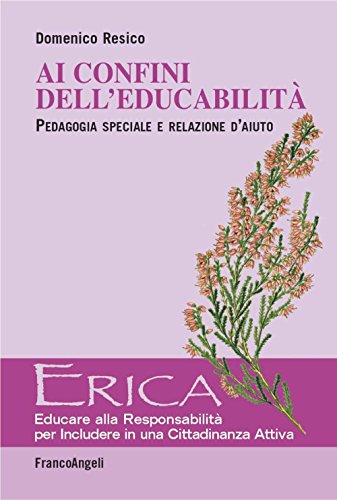
By Resico Domenico

By Resico Domenico
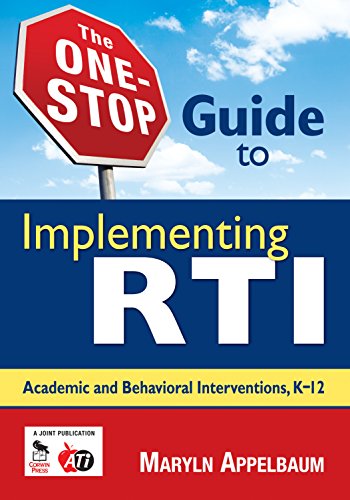
By Maryln S. Appelbaum
Use this nuts-and-bolts advisor to enforce RTI schoolwide and support your whole scholars succeed!
Concise and reader-friendly, this source walks directors and academics in the course of the entire technique of imposing reaction to Intervention (RTI) in school rooms and schoolwide. jam-packed with how-to’s and reproducibles for guideline and constructing collaborative groups, this ebook offers greater than a hundred easy-to-use educational and behavioral interventions and includes details on:
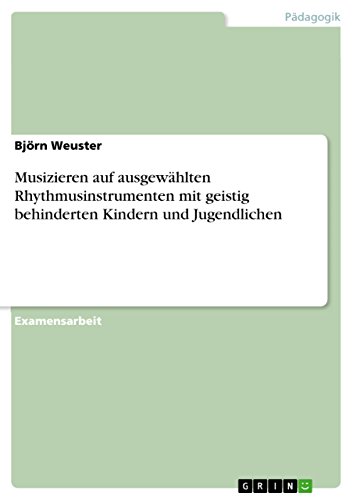
By Björn Weuster
Dem Umgang mit Rhythmusinstrumenten in der o.g. Schulform möchte ich in Kapitel 1 Ausführungen zum Begriff ´Rhythmus` voranstellen.
Der Rhythmus ist allgegenwärtiges Phänomen, das natürliche Prozesse wie beispielsweise zeitliche Faktoren (Tag - Nacht; Mondphasen, etc.), körperliche Vorgänge (Atem - Puls; etc.) und auch Musik ordnet und strukturiert, in dem Elemente in regelmäßigen Abständen ähnlich wiederholt werden. Sowohl in der Musik, als auch in der speziell an den Personenkreis der Menschen mit geistiger Behinderung gerichteten Rhythmik spielt das Phänomen Rhythmus eine entscheidende Rolle. So oder so ist Rhythmus etwas ganzheitlich Erfahrbares, mit allen Sinnen Wahrnehmbares. In der aktuellen Geistigbehindertenpädagogik ist auf foundation einer nicht mehr an den Defiziten des Menschen anknüpfenden Erziehung die Ganzheitlichkeit ein wichtiger Aspekt geworden, der in der Didaktik für den Schulunterricht in der Geistigbehindertenschule berücksichtigt werden muss.
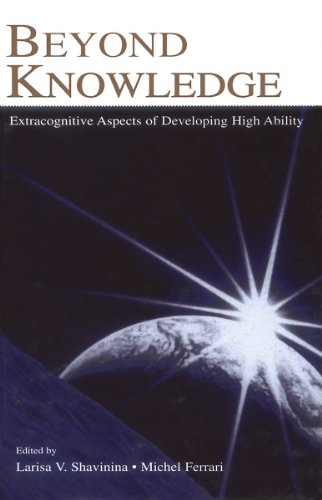
By Larisa V. Shavinina,Michel Ferrari
"High skill" refers to human talents defined through phrases, comparable to giftedness, expertise, creativity, excellence, genius, baby prodigies, unparalleled management, and knowledge. "Extracognitive components" discuss with phenomena like internally constructed criteria and subjective norms of intellectually artistic habit; particular highbrow intentions and ideology that impact unprecedented achievements; particular emotions that medical geniuses and different hugely inventive participants say give a contribution to their complicated improvement; particular personal tastes and highbrow values; success, likelihood, instinct, and different related phenomena in impressive improvement and function; and social, cultural, and historic impacts on expertise improvement. even though there are various books in regards to the cognitive bases of excessive skill, this quantity uniquely discusses the principles of such achievements in extracognitive elements as outlined the following, therefore delivering a wealthy resource of data in this subject to researchers, practitioners, and graduate scholars of schooling, psychology, enterprise, and management who paintings within the sector of excessive ability.
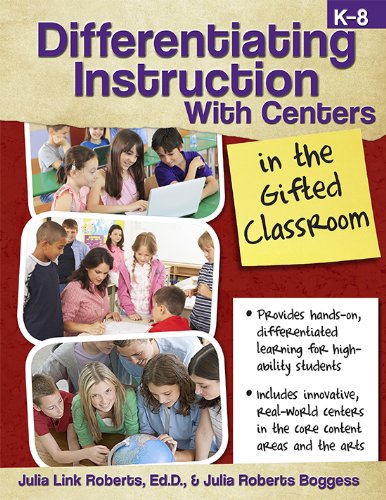
By Julia L. Roberts,Julia Roberts Boggess
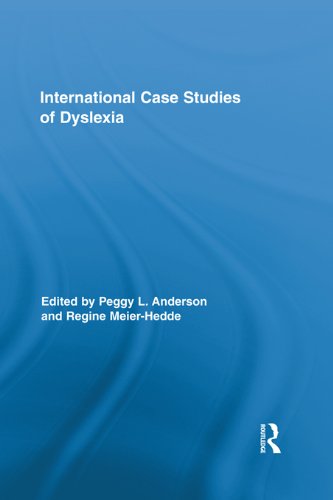
By Peggy L. Anderson,Regine Meier-Hedde
Dyslexia is a incapacity that exists in all nations that experience excessive expectancies for literacy. the shortcoming to learn inspite of common highbrow strength represents some of the most perplexing academic demanding situations for literate societies, whatever the tradition or language. This booklet examines scientific, mental, academic, and sociological information from entire case reports of preteen dyslexic youngsters, that allows you to profile the incapacity because it happens in seventeen various countries. Interviews with the youngsters and their mom and dad demonstrate how kids with dyslexia are pointed out and taken care of world wide, and supply a glance at numerous perceptions of dyslexia and its demanding situations. Researchers and practitioners in schooling, psychology, and health-related professions will locate this example e-book to be a superb reference. mom and dad of kids with dyslexia will locate the advocacy strategies useful.
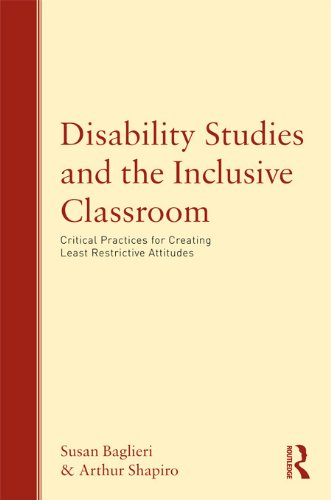
By Susan Baglieri
This book’s undertaking is to combine wisdom and perform from the fields of disability studies and special education. elements I & II specialize in the huge, foundational themes that include incapacity stories (culture, language, and heritage) and components III & IV circulation into sensible issues (curriculum, co-teaching, collaboration, school room association, disability-specific instructing ideas, etc.) linked to inclusive schooling. This association conforms to the assumption that least restrictive environments (the objective of inclusive schooling) inevitably emerges from least restrictive attitudes (the objective of incapacity studies). Discussions in the course of the booklet try and illustrate the intersection of conception and practice.
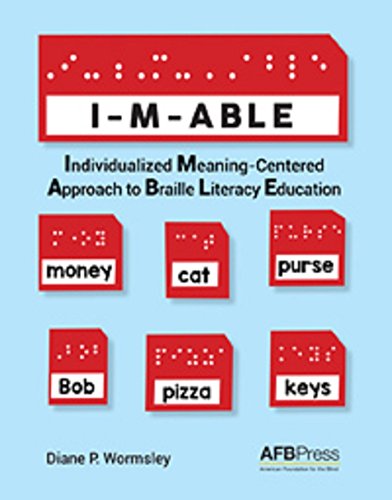
By Diane P. Wormsley
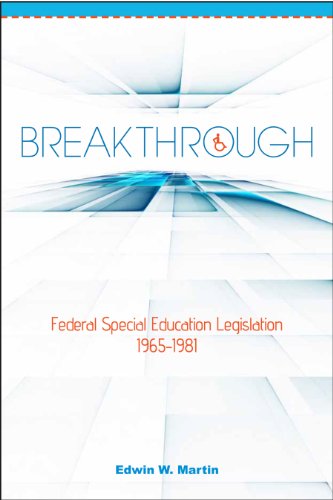
By Edwin Martin
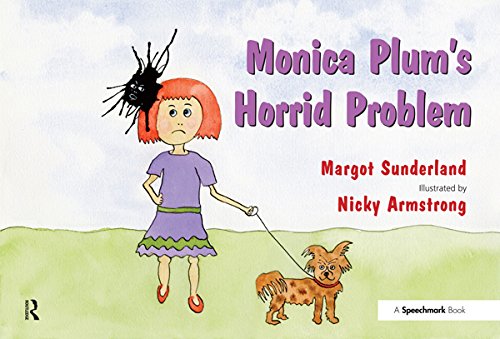
By Margot Sunderland